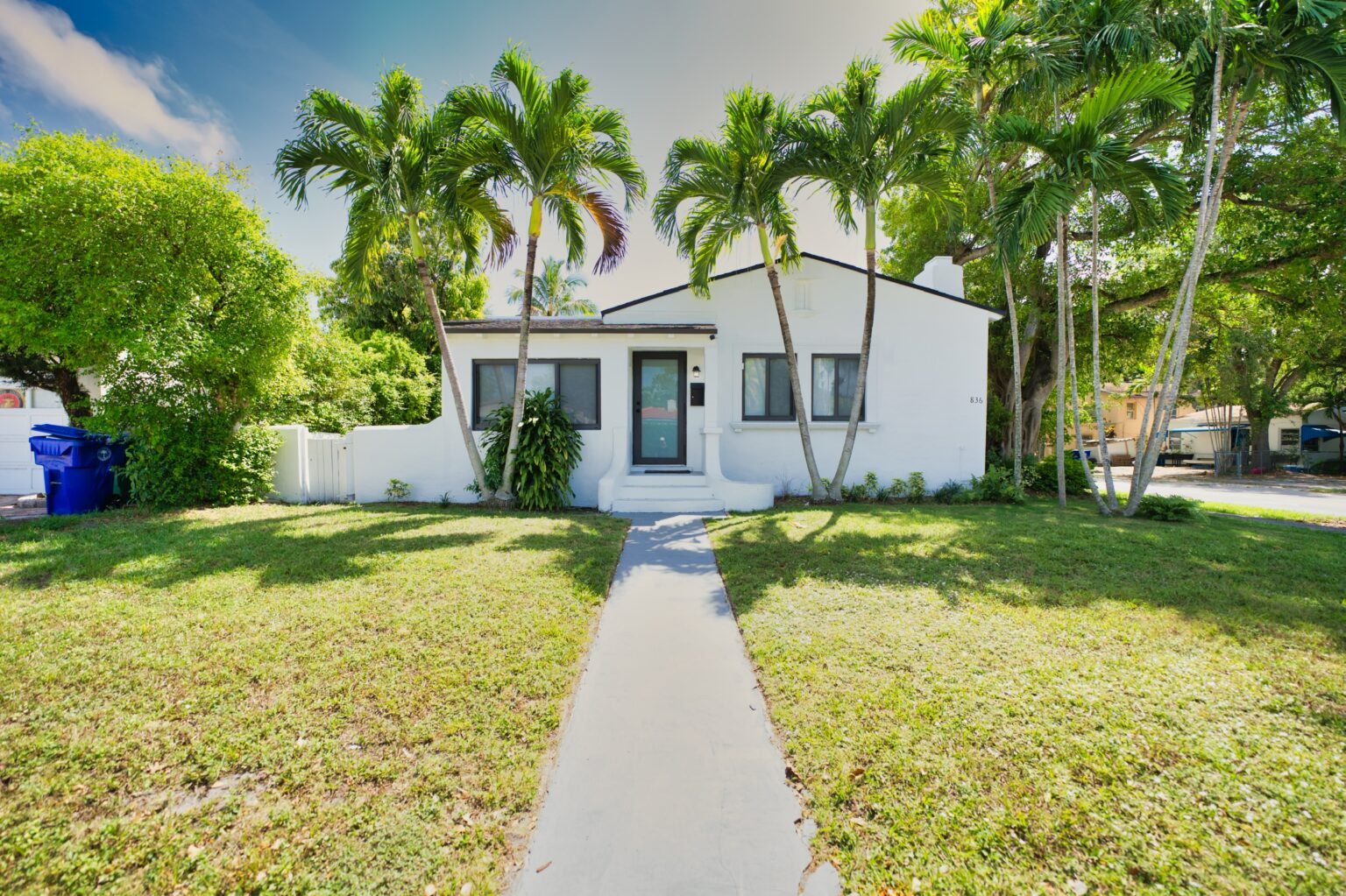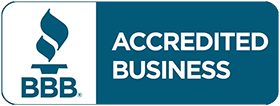
As hurricane-prone regions face the annual threat of destructive storms, the need for reliable hurricane protection products becomes paramount. When it comes to safeguarding your property and loved ones during a hurricane, you want to ensure that the products you invest in meet industry standards. In this article, we explore the significance of certification for hurricane protection products and why it matters for your safety.
The Importance of Industry Standards
Industry standards for hurricane protection products are established to ensure the reliability and effectiveness of these essential safety measures. These standards are developed by organizations such as the American Society for Testing and Materials (ASTM) and the Miami-Dade County Building Code Compliance Office. They encompass various aspects, including material quality, structural integrity, impact resistance, and installation guidelines.
When you choose hurricane protection products that meet or exceed these industry standards, you can trust that they are designed to withstand the forces of a hurricane and provide the protection you need. Here are some key reasons why certification to meet industry standards is crucial:
- Safety and Protection: Hurricane protection products are your first line of defense against the destructive power of hurricanes. Certified products are tested to ensure they can withstand the impact of flying debris, extreme wind loads, and heavy rain, safeguarding your property and the people inside.
- Code Compliance: In many hurricane-prone areas, local building codes mandate the use of certified hurricane protection products. Using certified products ensures your compliance with these regulations, preventing fines and penalties.
- Insurance Requirements: Home insurance providers often require homeowners to have certified hurricane protection products in place to qualify for coverage or to receive premium discounts. Using certified products can save you money on insurance costs.
- Quality Assurance: Certification indicates that the manufacturer has adhered to rigorous testing and quality control processes. This provides peace of mind that the product is built to perform under the harshest conditions.
Types of Certified Hurricane Protection Products
There are several types of hurricane protection products, each designed for specific needs and applications. These products are tested and certified to ensure they meet industry standards. Some common certified hurricane protection products include:
- Hurricane Shutters: Hurricane shutters come in various forms, including roll-down, accordion, and panel-style shutters. They are designed to cover windows and doors, protecting them from lying debris and high winds.
- Impact-Resistant Windows and Doors: These windows and doors are built with laminated glass or impact-resistant glazing to withstand the impact of debris during a hurricane. They also provide security and energy efficiency.
- Storm Panels: Storm panels are removable panels made of steel, aluminum, or polycarbonate that can be installed over windows and doors before a storm. They provide a strong barrier against wind and debris.
- Impact-Resistant Roofing: Impact-resistant roofing materials are designed to withstand the impact of debris and heavy rainfall, preventing water intrusion and damage to the interior of a structure.
- Storm Screens: Storm screens are a versatile and transparent alternative to traditional shutters. They are designed to protect against flying debris and strong winds while allowing visibility and natural light.
How to Ensure Certification
When shopping for hurricane protection products, it’s essential to verify that the products are certified to meet industry standards. Here are steps you can take to ensure certification:
- Check for Labels and Stamps: Look for labels, stamps, or markings on the products that indicate compliance with industry standards. These may include ASTM, Miami-Dade County, or other recognized certifications.
- Consult Manufacturer Documentation: Review the product’s documentation, including product manuals and brochures, to confirm compliance with industry standards. Manufacturers typically provide information on certifications and testing results.
- Ask for Testing Data: Don’t hesitate to ask the manufacturer for testing data or reports that demonstrate the product’s performance under various hurricane conditions.
- Consult Local Authorities: If you are unsure about the certification requirements in your area, consult with local building code authorities or building inspectors for guidance.
- Work with Certified Installers: Ensure that the products are installed by qualified and certified professionals who understand the correct installation procedures to maintain the products’ certification.
In addition to ensuring that your hurricane protection products are certified to meet industry standards, there are other factors to consider when preparing for hurricane season. These factors can further enhance your overall safety and preparedness.
Hurricane Preparedness Checklist
- Emergency Supplies: It’s essential to have an emergency supply kit that includes non-perishable food, water, flashlights, batteries, a first-aid kit, medications, and important documents. This kit will sustain you and your family in case of power outages and limited access to resources.
- Evacuation Plan: Familiarize yourself with local evacuation routes and shelters. Have a plan in place for your family, including pets, in case you need to evacuate your home. Ensure that your vehicle is in good working condition and has a full tank of gas.
- Secure Outdoor Items: Loose outdoor items, such as patio furniture, planters, and outdoor décor, can become projectiles during a hurricane. Secure or store these items indoors to prevent damage to your property or injury to others.
- Trim Trees and Shrubs: Prune trees and shrubs near your home to reduce the risk of falling branches and debris during high winds. Properly maintained landscaping can help protect your property.
- Backup Power Source: Consider investing in a backup power source, such as a generator, to maintain essential functions like refrigeration, lighting, and the operation of medical equipment during power outages.
- Communication Plan: Establish a communication plan with family members, including an out-of-town contact person. During a hurricane, phone lines and local communication may be disrupted, so having a plan for staying in touch is crucial.
- Flood Insurance: If you live in an area prone to flooding, consider purchasing flood insurance. Standard homeowners’ insurance policies typically do not cover flood damage. Flood insurance can provide financial protection in the event of water damage to your property.
- Regular Maintenance: Ensure that your home is well-maintained. Check your roof for leaks, repair any damaged or loose siding, and make sure that doors and windows seal properly. A well-maintained home is better equipped to withstand the elements.
- Family Emergency Plan: Develop a family emergency plan that includes contact information, meeting locations, and instructions for all family members. Ensure that everyone knows what to do in case of a hurricane.
- Stay Informed: Monitor weather updates from trusted sources and follow the advice and recommendations of local authorities. Keep a battery-powered weather radio on hand for real-time updates during power outages.
- Prepare for Water and Food: Fill bathtubs and containers with water for sanitation purposes, and consider stockpiling canned or dried foods that require minimal preparation. A three-day supply of food and water is recommended.
By taking these additional precautions and incorporating them into your hurricane preparedness plan, you can enhance your safety and resilience during hurricane season. Remember that hurricane protection products are just one aspect of a comprehensive preparedness strategy.
Final Thoughts
In regions vulnerable to hurricanes, preparing for these natural disasters is a responsibility that homeowners and business owners share. While certified hurricane protection products play a crucial role in safeguarding your property, a holistic approach to hurricane preparedness is necessary.
From developing a family emergency plan to securing outdoor items and ensuring proper communication channels, each step you take contributes to your safety and the safety of your loved ones. The importance of adhering to industry standards for hurricane protection products cannot be overstated, but it is just one piece of the larger puzzle.
Remember that hurricanes are unpredictable and can bring immense destruction. By proactively preparing and staying informed, you can increase your chances of weathering the storm and recovering more quickly in its aftermath. Safety and preparedness go hand in hand when it comes to facing the power of hurricanes, and taking the necessary steps is an investment in your family’s well-being and the protection of your property.





